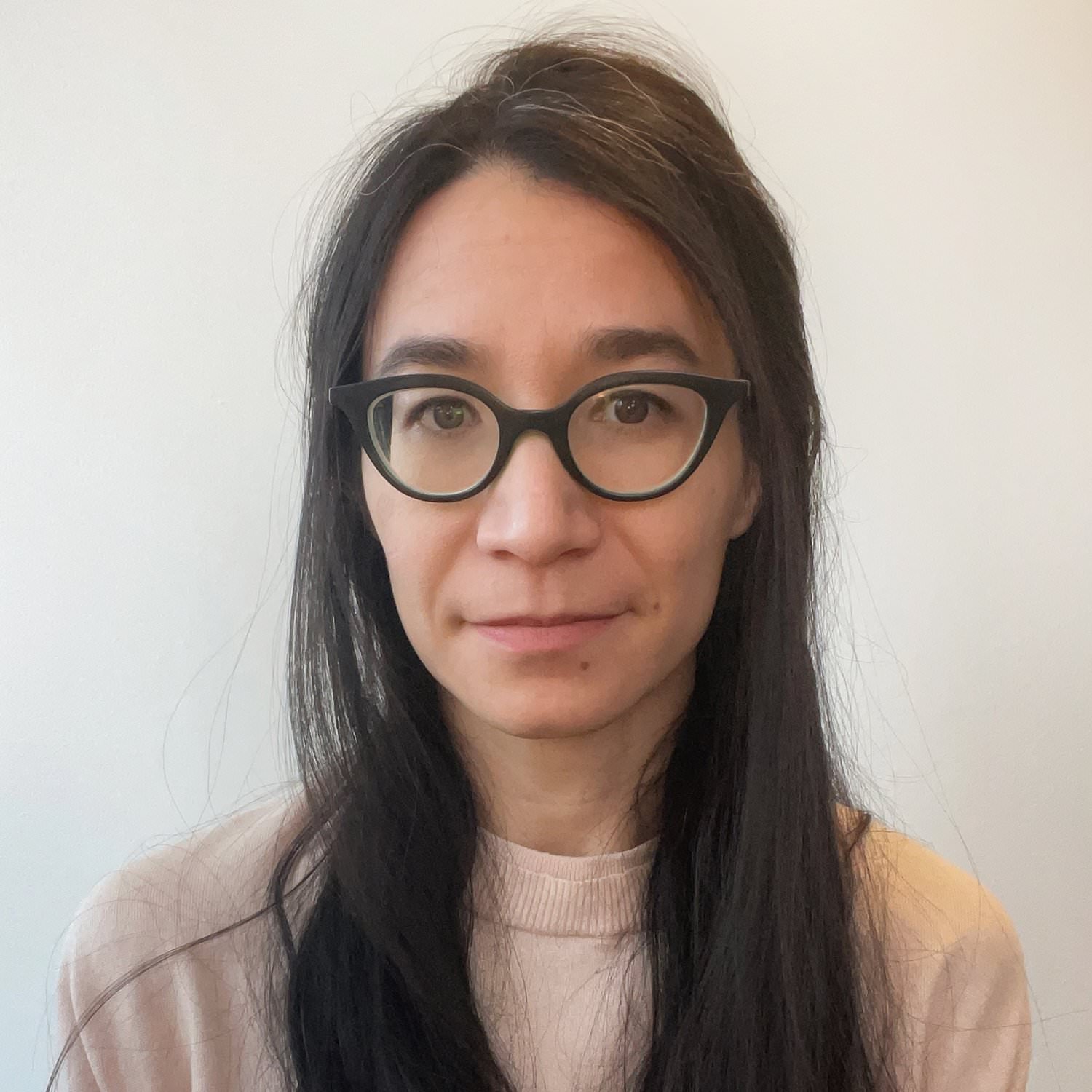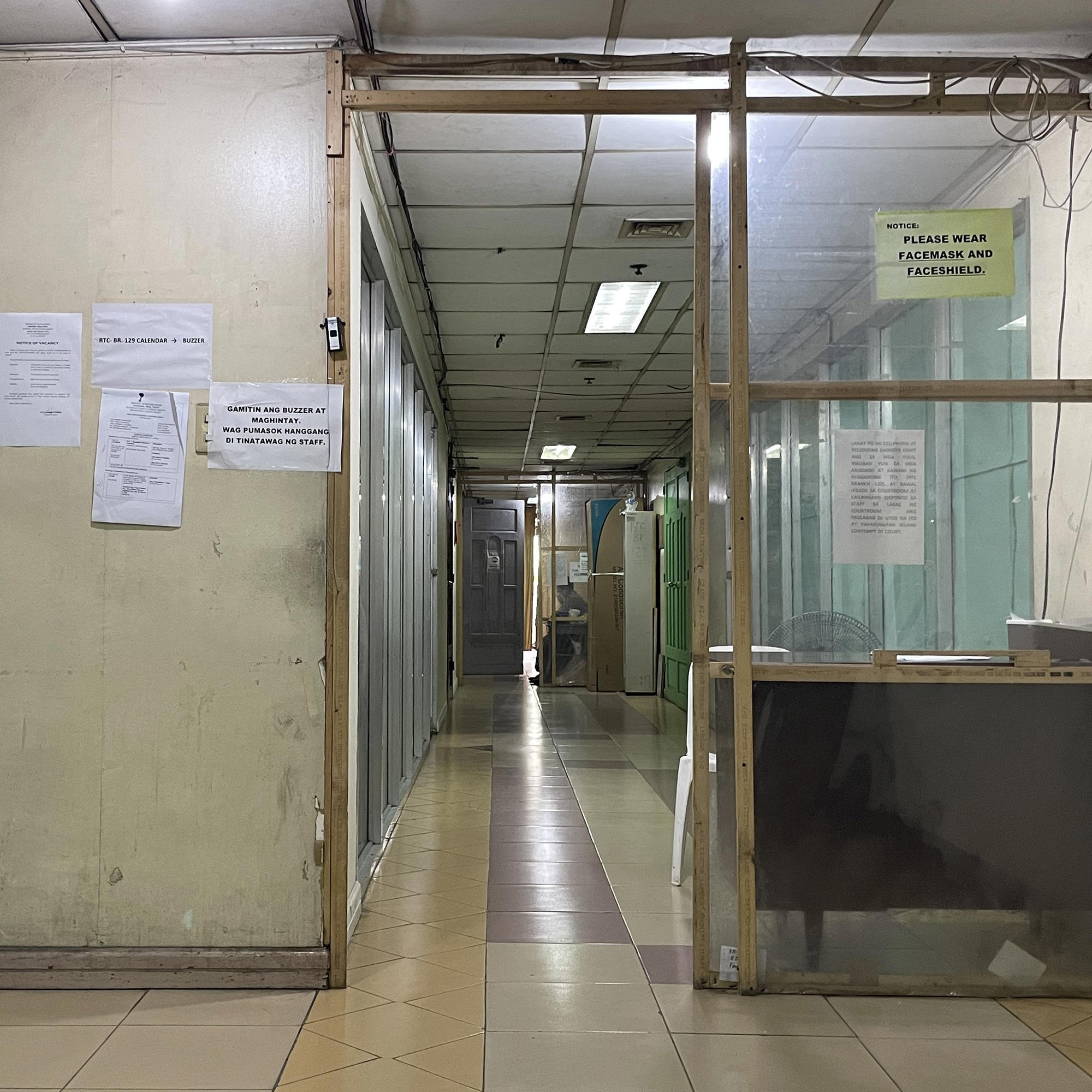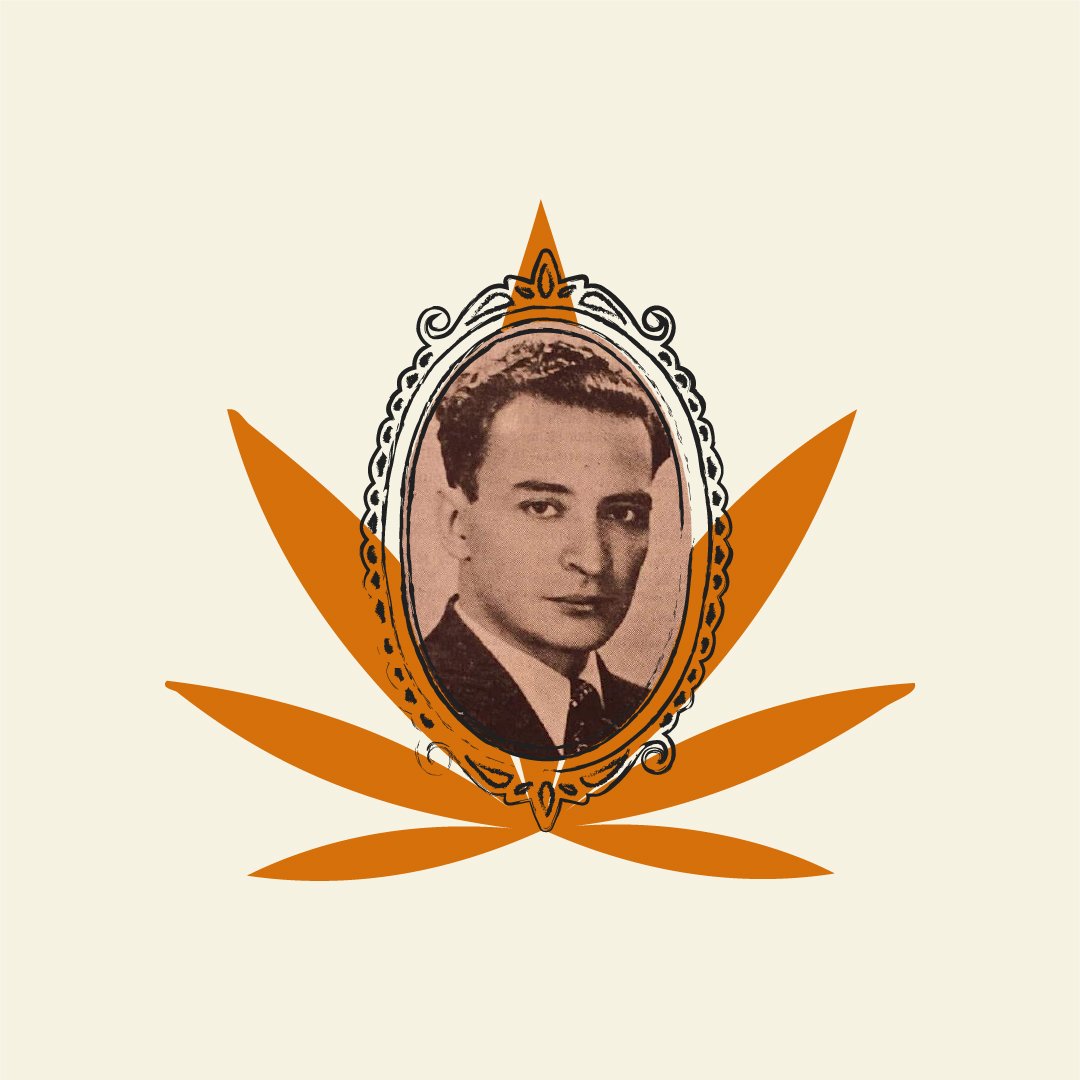The Aftermath of a Drug War
SEPTEMBER 28, 2023
The Reporter’s Notebook is our monthly interview series with Dial contributors. To receive these conversations directly in your inbox, sign up for our newsletter.
✺
Bryony Lau’s investigative reporting on posthumous justice for victims of Rodrigo Duterte’s war on drugs was published in our Drugs issue.
In 2016, just after he was elected president of the Philippines, Rodrigo Duterte launched a war on drugs: “I will kill you. I will kill you. I will take the law into my own hands,” he threatened. Duterte made good on that promise. During his eight-year term, thousands of Filipinos died in anti-drug operations, many of which are now understood as unlawful killings. How do families of victims seek justice against a government campaign? For our Drugs issue, Bryony Lau reports on one of the only cases in the war on drugs to make it to trial—and the posthumous fight for justice. “When the drug war has killed thousands of Filipinos, does it matter if these four police are found guilty?,” Lau writes. For our latest installment of The Reporter’s Notebook, Dial intern Nicole Dirks spoke with Lau about why she chose to pursue this story, the difficulties of reporting on trauma, and her turn to human-rights advocacy.
THE DIAL: In your piece, you write that you began reporting on the drug war because you were curious about the lack of domestic prosecutions. How did you come to this topic?
BRYONY LAU: I had been doing research in the Philippines earlier in my career, and through that work had met a number of human rights lawyers. I admired their commitment to working within a judicial system that is quite flawed. When the drug war started in 2016, it quickly became apparent that there was going to be impunity for police involved in the killings. I wanted to understand the obstacles that were preventing victims from seeking justice domestically.
From the start, my motivation was to try to understand, in as much detail as possible, what happens after someone has been killed. A lot of the attention, especially internationally, was focused on the killings and less on the families and what happened to them in the years afterwards. I was interested in looking at the long tail of the drug war.
THE DIAL: You write there aren't many cases of people pursuing justice for their loved ones killed in the drug war. How did you choose to document Mary Ann Domingo’s case?
BL: I was mainly guided by the fact that there are so few cases at trial. Even now, there have only been two drug war cases that have led to convictions. One was the Kian Delos Santos case, which I mentioned in the piece, and there was another conviction earlier this year. In 2018, when I first started reporting this story, it was still relatively early in terms of victims seeking justice. When I first met the National Union for People's Lawyers and Kristina Conti, the attorney who is featured in the piece, they were in the process of filing complaints to the ombudsman’s office. Over the course of several years, I kept in touch with her and other contacts; it was only earlier this year that I heard that the Domingo case had moved forward and was actually at trial. So it was really a waiting game.
The same reasons that drive Mary Ann Domingo to seek justice for her husband and her son through the judicial system are also the reasons why she was comfortable sharing her story with me and with other journalists. Not all victims feel comfortable being in the spotlight because many fear retribution from the police that killed their family members. I think that for Mary Ann Domingo, standing in solidarity with other victims is an important part of helping others, especially those who are not in the position that she is in. She is actually in the courtroom with the men who she is accusing of killing her husband and son.
THE DIAL: Your source material – the police investigation report, the trial transcript, the legal complaint — all offer different perspectives on what happened on the night of the killings. How did you go about piecing them together to get to the truth?
BL: One of the challenges of reporting is that you always get slightly different versions of a given event. In writing those sections of the piece, I was trying to triangulate where there was agreement and disagreement about the events of that night. When you're writing about a traumatic event, it can often be hard to verify an account 100% simply because memory is affected by trauma. Mary Ann has recounted the events of that night at different points, both at the trial as well as in her affidavit and in her filing with the ombudsman’s office.
There's always some sensitivity when writing about a case that's still at trial, which is a little bit different than writing about a case that's already made its way through the court system and received a verdict.
THE DIAL: How did writing this piece shape your view of the legacy of Duterte’s drug war?
BL: I started working on this piece when Duterte was still president. The further in time we move away from his presidency, the more the drug war might feel like it is part of the past. That is really unfortunate for victims, who are still waiting for justice. Forgetting about the drug war can make it seem as though the killings were an aberration in terms of human rights abuses in the Philippines. Yet a lot of these abuses are still continuing—I note in the piece towards the end that there are still drug-related killings occurring. I think it's important for journalists to continue reporting even once the initial interest has passed because often there are still interesting stories to be told.
THE DIAL: You are now also working in the human rights world. How do your journalism and advocacy inform one another?
BL: There's an interesting symbiosis between human-rights documentation and journalism, because people who work in both fields tend to be looking for information that hasn't broken into the public consciousness. In both fields, you're trying to find out what's happening and cultivating relationships with people who have information, gaining their trust. The difference is that, when you are working on these issues from a human rights perspective, you really need to be telling the stories in terms of the relevant human-rights standards, whether those are domestic or international.
✺ Interview conducted by The Dial in conjunction with “Issue 8: Drugs”
BRYONY LAU writes about the history, politics and literatures of Southeast Asia. In June 2023, she joined Human Rights Watch as deputy Asia director.
EVA KERINS is a writer, editor, and fact-checker from Toronto. They've served as co-editor-in-chief of The New Journal, an award-winning magazine about Yale and New Haven, and a reporter for the The Toledo Blade. Now in their senior year at Yale, they study English and journalism.





